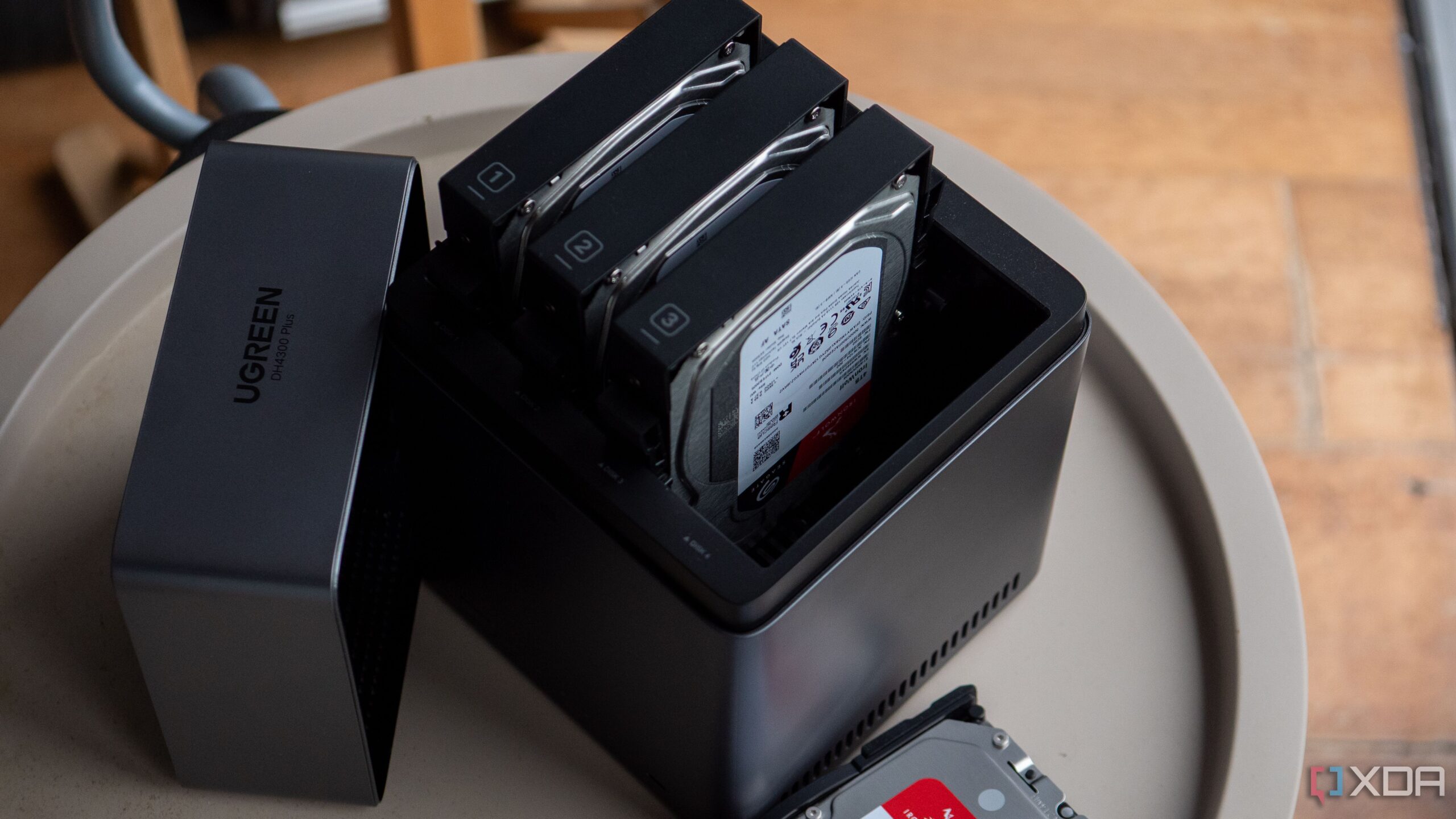BREAKING: Home lab enthusiasts are rapidly shifting away from using Network Attached Storage (NAS) for running Docker containers, citing performance issues and operational challenges. This trend reflects a growing preference for dedicated compute machines as technological needs evolve.
In recent developments, users have reported that employing a low-cost mini PC, such as one powered by the Intel N150, leads to significant improvements in both performance and reliability. This change allows NAS units to focus solely on storage, enhancing their longevity and efficiency.
The shift comes as many home lab users, previously reliant on NAS systems like those from Synology, have encountered limitations. For instance, the integration of Docker into Synology’s Container Manager has raised frustrations, as users struggle with restrictive GUI setups that complicate essential operations.
One user reported, “Running everything from my NAS created a single point of failure, undermining both my self-hosted services and storage capabilities.” By transitioning Docker tasks to a dedicated mini PC, users can leverage upgraded processors, such as the Threadripper, which offer robust performance for compute-heavy workloads.
The move also alleviates the pressure on underpowered NAS CPUs, which often struggle with the demands of both Docker and routine storage tasks. Users have noted that their NAS systems, originally used for compute tasks, are now free to operate optimally, focusing on data storage and backup functionalities.
Moreover, the migration to dedicated machines has been accompanied by improved network infrastructure. Users are now utilizing faster connections to enhance the performance of their home labs, reducing bottlenecks that previously plagued setups reliant on NAS systems.
The evolving landscape of home labs is underscored by the need for efficiency and resilience. Users are actively sharing their experiences online, detailing the benefits of moving away from NAS-based Docker deployments. They cite issues such as filesystem degradation and complex upgrades that add unnecessary headaches to their workflows.
As Docker environments become more demanding, the need for tailored solutions grows. Many users have expressed frustration with outdated kernel versions and the associated challenges of maintaining compatibility with the latest Docker images. This has prompted a broader conversation about the importance of having dedicated systems that can adapt to the rapidly changing tech landscape.
With the surge in interest around home lab setups, experts suggest that the trend of moving Docker containers off NAS systems is just beginning. As more users share their findings and experiences, the community can expect continued innovation and new solutions tailored to modern computing needs.
In conclusion, the migration away from NAS for Docker container management is reshaping the home lab experience. As users embrace dedicated machines, the future of self-hosting appears brighter, more efficient, and ultimately more user-friendly.
Stay tuned for more updates as this trend continues to develop. The ongoing transformation of home labs is not just a technical shift but a community-driven evolution towards better performance and reliability in personal computing.
